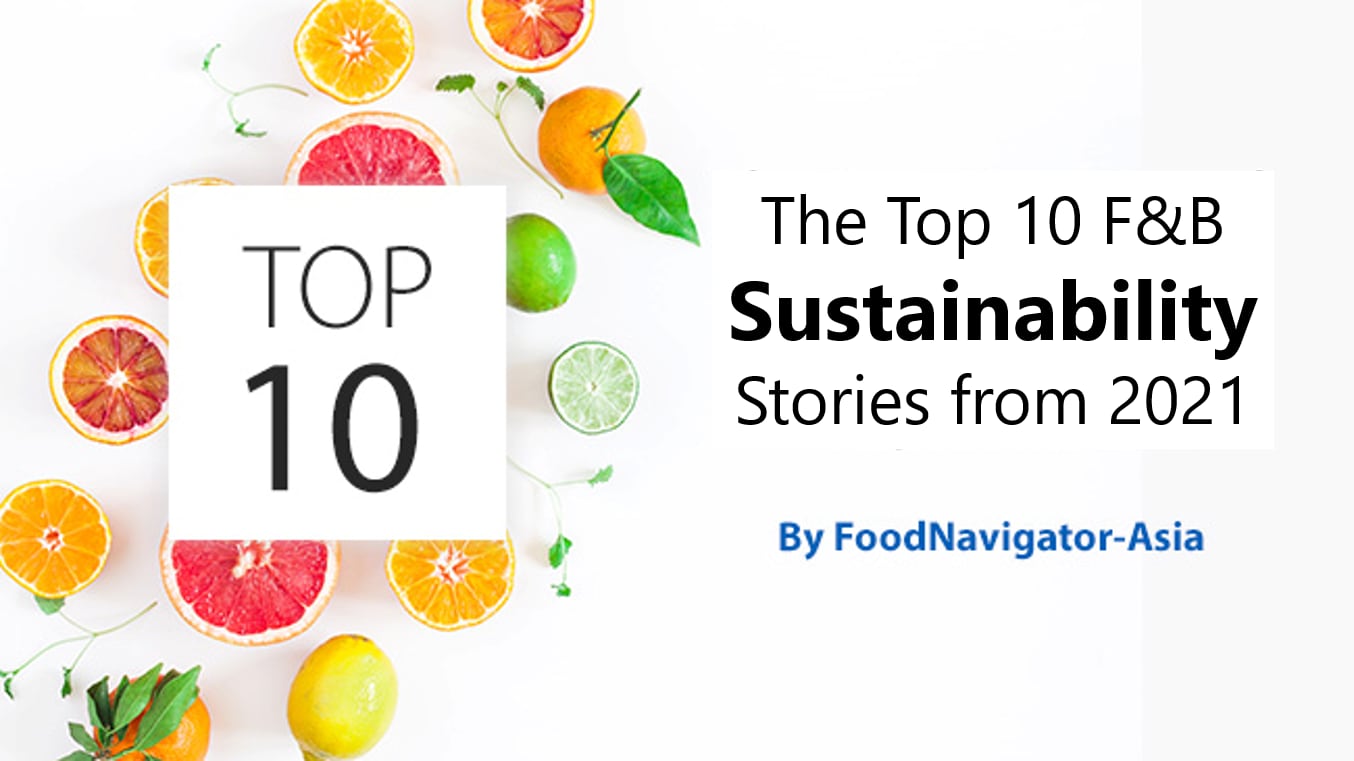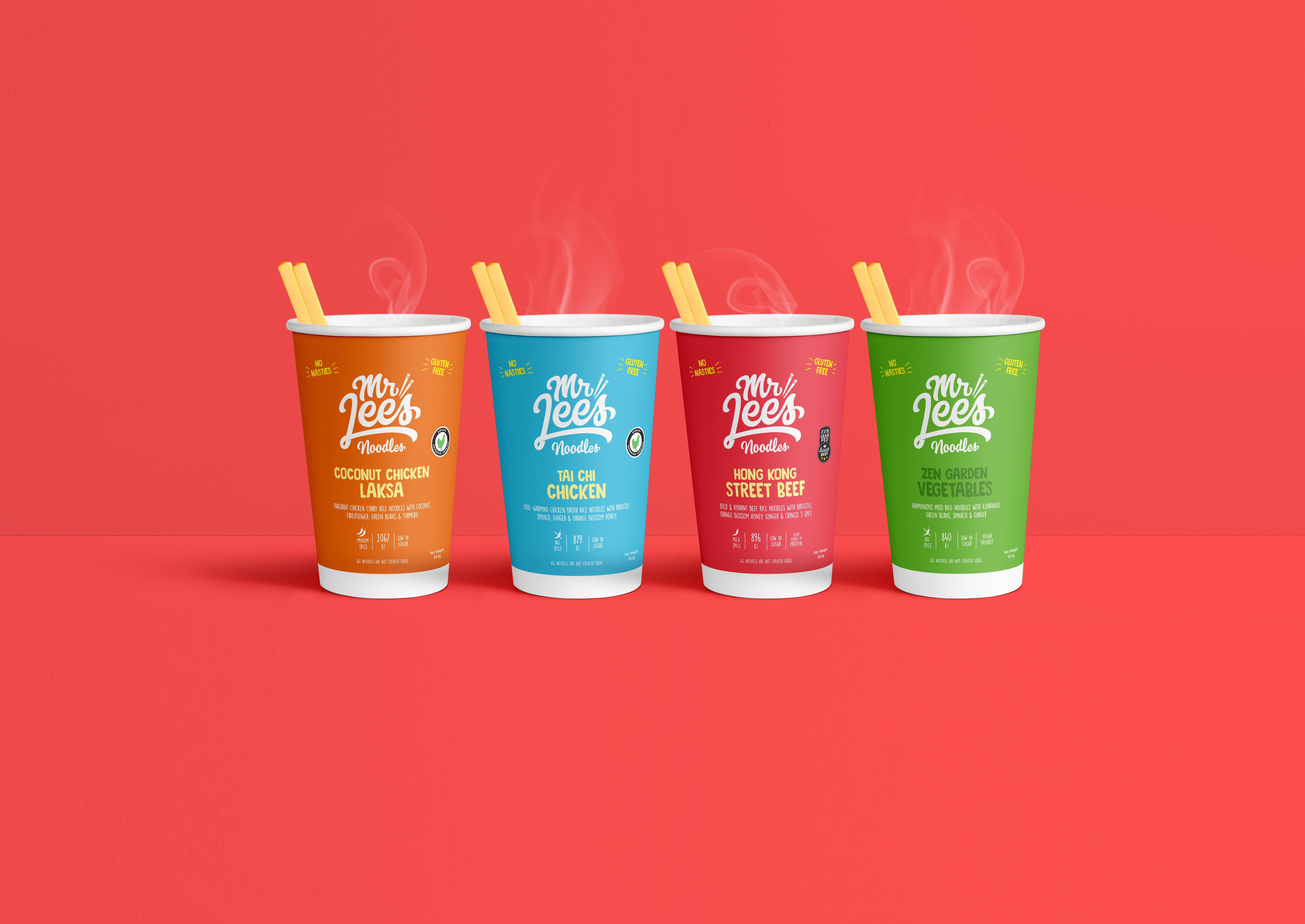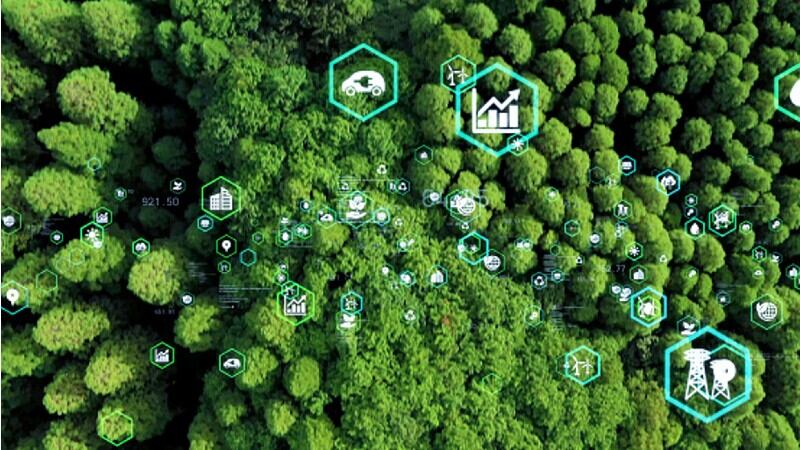Sustainable sea cucumber: How Singapore’s The Aquaculture Group will responsibly harvest 50,000 in 2021
Singapore‘s The Aquaculture Group expects to harvest its first sea cucumbers (Holothuria scabra) later this year, a much-prized delicacy in Chinese cuisine which is endangered in the wild due to overfishing.
The harvest is expected to yield over 50,000 sea cucumbers from its sea farm in the Philippines. The firm also grows methane-reducing seaweed (Asparagopsis taxiformis) which is a feed additive for livestock.
CEO Brandon Hargraves told FoodNavigator-Asia sustainability was at the core of the company, which was founded in 2020.
“Growing sea cucumbers in an agricultural environment helps with decreasing reliance on wild sea cucumber numbers,” he said.
Turbulent times ahead? Malaysia sustainable palm oil's uncertain 2021 with price, production and policy challenges
The palm oil industry in Malaysia has gone through an uncertain year in 2021 with expected price volatility, production decrease and policy changes in the west, with the government attempting to shift to more value-added products in hopes of providing a boost.
According to data from the Malaysian Palm Oil Council (MPOC), palm oil prices on a global scale were expected to face a lot of uncertainty in 2021 due to many key factors that could cause changes, all of which were subject to unpredictable changes.
“We expect high price volatility in oils and fats including palm oil due to multiple factors such as the weather, pandemic recovery, economic stimulus and geo-politics - Changes in any of these fundamentals are likely to cause large price oscillations, so the market really needs to be on the lookout this year,” then-MPOC CEO Datuk Dr Kalyana Sundram said.
UAE’s Al Ain Farms CEO exclusive 1: Product innovation priorities and sustainability focus revealed
Production innovation is a growing area of focus for UAE-based Al Ain Farms, with the firm exploring new products, recipes, and formats, revealed CEO Willem van Walt Meijer, who has signalled a step change in approach to new business development.
Founded in 1981, Al Ain Farms was UAE’s first dairy company and has since expanded into the juice and poultry sectors. The firm services more than 12,000 outlets in UAE with cow milk, camel milk, yoghurt, juice, chicken, eggs and other products.
In this exclusive two-part series, Meijer told FoodNavigator-Asia: “Al Ain is seen over the years as a company which has not delivered a lot of new business.”
“We were always a bit shy previously, but we are starting to investigate this.”
Affordability and versatility: Nestle Malaysia underlines plant-based strategy with health concerns trumping sustainability…for now
Nestle Malaysia has pegged product affordability and versatility as its main plant-based strategies amid the official launch of the firm’s first ever plant-based production facility in the ASEAN region.
The firm believes that, for now, it is consumer health concerns that will drive the category in the country, but noted that sustainability and ethical considerations were gaining traction.
Nestle Malaysia CEO Juan Aranols stated that he expects health benefits to be the bigger draw for plant-based products in Malaysia for now, though sustainability is also rising quickly.
“Today, people are still more focused on the health benefits of plant-based foods, but sustainability is also rising rapidly,” he said.
Drop it then it's hot: Coca-Cola Japan creates freeze-dried tea and coffee cubes to reduce packaging waste
Coca-Cola Japan has developed a barley tea, green tea and coffee freeze-dried cube under the 1,2,CUBE brand to bring an innovative, convenient, and environmentally friendly solution to the instant beverage market.
Freeze dried coffee and tea are not novel, although it is not common in Japan. This is Coca-Cola Japan’s first product of its kind.
It is made by extracting tea leaves or coffee beans in a concentrate, which is then frozen and vacuumed. Because no aggressive heat treatment is applied, the original aroma and taste of the ingredients remain in the cubes.The freeze-dried cubes can be added to hot or room temperature water which dissolves entirely.
Sayaka Obayashi, sustainability manager at Coca-Cola Japan’s public affairs, communication & sustainability division told FoodNavigator-Asia: “With today's new lifestyles, people are spending more and more time at home, and there is a growing need for instant beverages that can be enjoyed easily at home.”
‘Tetra Pak’ for meats: Hong Kong’s IXON on shipping fresh meat from US to Asia without the need for cold chain
Hong Kong-based IXON Food Technology, which has developed advanced sous-vide aseptic packaging (ASAP) to store fresh meat, fish and seafood at room temperature for up to two years, is building a pilot plant in the United States as part of its plans to grow its B2B and D2C channels.
Over the last two years, IXON has worked with more than 25 companies worldwide, including Italian chicken processor Amadori, US meat processors Cargill and Tyson Foods, seafood producer Thai Union, hygiene solution provider Ecolab as well as packaging firm Sealed Air.
Founder, Felix Cheung described IXON as the ‘Tetra Pak’ for solid foods. “We are sort of like Tetra Pak who does aseptic packaging for beverages and milks, but instead, we are doing solid foods, so proteins like meat, fish, seafood.”
Nestle’s 2020 APAC performance: Plant-based localisation, sustainability and affordability key focus areas after China pulls down growth
Nestle has committed to focus on plant-based product localisation, sustainability and affordability as key focus areas for its Asia Pacific businesses on the back of the region posting near flat-growth as a result of poor performance in China.
Nestle uses a great deal of dairy in its supply chains for various products, so in addition to pushing for plant-based production, the firm is also looking for ways to make milk production more climate friendly.
“In countries [where we source our milk] like New Zealand and China which are both very traditional dairy markets, we are working to make dairy more sustainable and are committed to advancing state of the art technology to do this,” Nestle CEO Mark Schneider said.
“We are seeing some significant progress, and especially in China we have a Dairy Farming Institute in the northern part of the country [where] we have been quietly contributing and helped thousands of smallholder farmers ramp up and modernise their farms with training and technology."
CEO interview: UAE’s United Foods expands beverage portfolio, outlines innovation and sustainability efforts
United Foods Company, an UAE-based manufacturer and distributor of edible oils, fats and frozen foods, has outlined plans to expand its beverage portfolio this year in an exclusive interview with FoodNavigator-Asia.
The company is a distributor of frozen foods in UAE, importing French fries from Belgium, frozen vegetables from Egypt and Spain, as well as cheese from India. In addition, it is the exclusive distributor for international brands such as Oreo, Cadbury and Mondelez ice cream in UAE.
The company hopes to add less sweetened and non-sweetened drinks into the portfolio. United Foods CEO Fethi Khiari told FoodNavigator-Asia, instead of carbonated soft drinks or alcohol, he hopes to bring in healthier beverages such as non-alcoholic beers.
Plastic potential: ‘Eco-friendly’ plastic discovery can be extended to food packaging, say Singapore scientists
The Singapore-based research team which discovered that plastic has a potentially lower environmental footprint than cotton and paper bags has confirmed that this discovery can also be applied to the plastic food packaging used by the majority of food and beverage manufacturing firms.
Research from the Nanyang Environment and Water Research Institute (NEWRI) at the Nanyang Technological University (NTU) made headlines when the team revealed that single-use plastic bags can have a lower environmental footprint than single-use paper and multi-use cotton bags in countries with developed waste treatment systems such as Singapore.
In terms of eco-friendliness, plastic bags made from high-density polyethylene plastic (HDPE) - the most commonly used type of grocery plastic bag - was found to be second only to reusable plastic bags made from polypropylene non-woven plastic bags (PNB), but better than options such as cotton and kraft paper bags which are often assumed to be better for the environment.
“This is because we looked at the entire production process and life cycle of the bag, from raw material extraction to make the bag, to production, to transportation, all the way until its disposal,” study head researcher and Director of the NEWRI Residues & Resource Reclamation Centre Assistant Professor Grzegorz Lisak told FoodNavigator-Asia.
Non-dairy, low sugar, functional and sustainable: Suppliers take on the four trends driving APAC’s beverage innovation
Ingredient suppliers have identified four key trends that are driving beverage innovation in Asia-Pacific, namely non-dairy, low sugar, functional and sustainability.
According to insights from Kerry, Sweegen and DSM, consumers in APAC are increasingly demanding beverages that taste good and support a healthy lifestyle, but are also sustainable and kind on the environment. The COVID-19 pandemic has also accelerated these trends.
FoodNavigator-Asia spoke to these companies to better understand the trends, and solutions offered to their customers.





